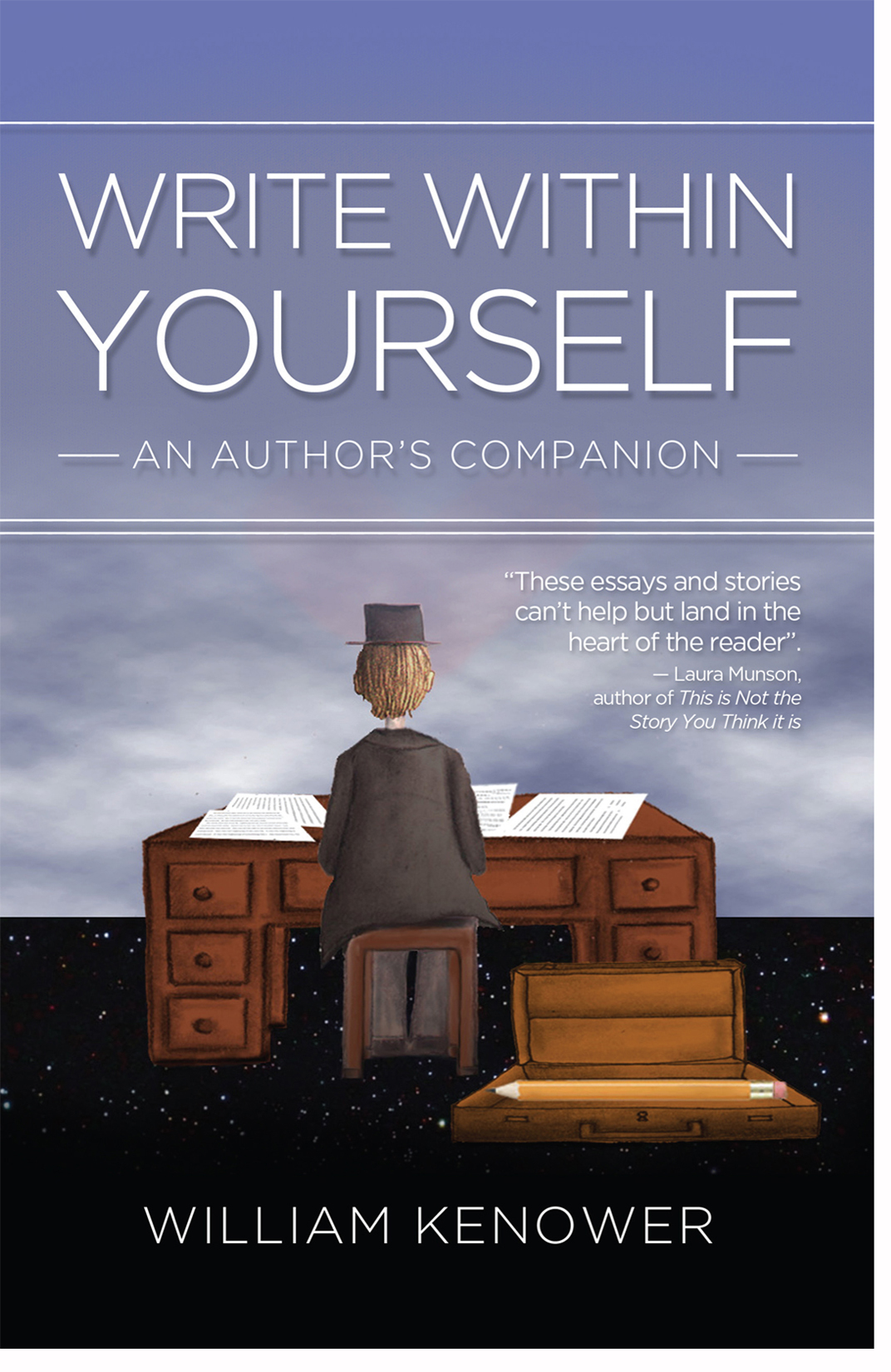Privileged
If you’re a regular reader of these essays, you may have noticed that I often write about my many years spent working as a waiter. It is a rich source of material. I met a lot of people during that time, both coworkers and customers I served, and each taught me something about myself and life in ways both large and small. Mostly, however, I write about how unhappy I was. I was unhappy because I was writing books that I couldn’t sell and because I didn’t know how to feel good about myself. I wanted something tangible I could point to as proof of my value and potential. I wanted to be proud of something I’d accomplished, and in those days, I felt I had nothing.
Which is exactly why I write so often about my time in the restaurants. And also why I like to write about some of the races I ran when I was young man. I actually won a bunch of those, for which I was awarded trophies and ribbons, but those aren’t the races I like to write about. I prefer to write about the races I lost, particularly the finals of State Championships my senior year in high school when I crashed into the second hurdle and finished last.
The first race I really remember winning was against my father. I was thirteen, and my mother suggested the competition, which my dad quickly agreed to. This was the same year my father went broke and found himself living in a slum and buying groceries with food stamps. That’s something else I like to write about.
I like to write about those times, because to write, I must sink into a dream that I make more real than the world I inhabit. I have to forget about the past and ignore the future and believe completely in something only I can perceive. To write, I must forget about what I can see and touch and call my own, and find again that intersection of curiosity and imagination, the source of everything valuable that has ever come to me.
I notice the word privilege is getting thrown around a lot lately. I understand that word is used in an attempt to level a playing field that appears, from certain perspectives, inherently unequal. But I have never trusted that word, steeped as it is in judgment. Nothing good in my life has ever grown out of judgment, whether that judgment was aimed at myself or at others.
Writing has taught me that our true equality can never be taken from us nor given to us. At some point, we all must learn that our value and potential has nothing to do with the house we live in, or the job we do, or what people think about us, or how many books we’ve sold or awards we’ve won. You can learn it in a mansion or in a tenement house. You can learn it after you’ve won the Pulitzer or after your hundredth rejection letter. The result will be the same. To learn it is to remember what you have always been and what you will always be and where to find what you have always been looking for.
Write Within Yourself: An Author's Companion.
"A book to keep nearby whenever your writer's spirit needs feeding." Deb Caletti.
You can find William at: williamkenower.com


